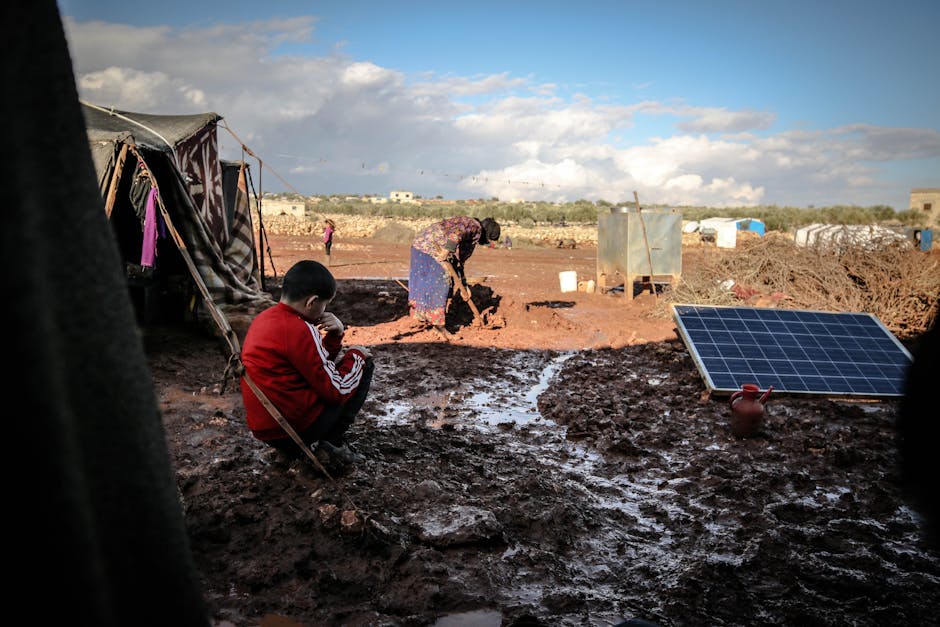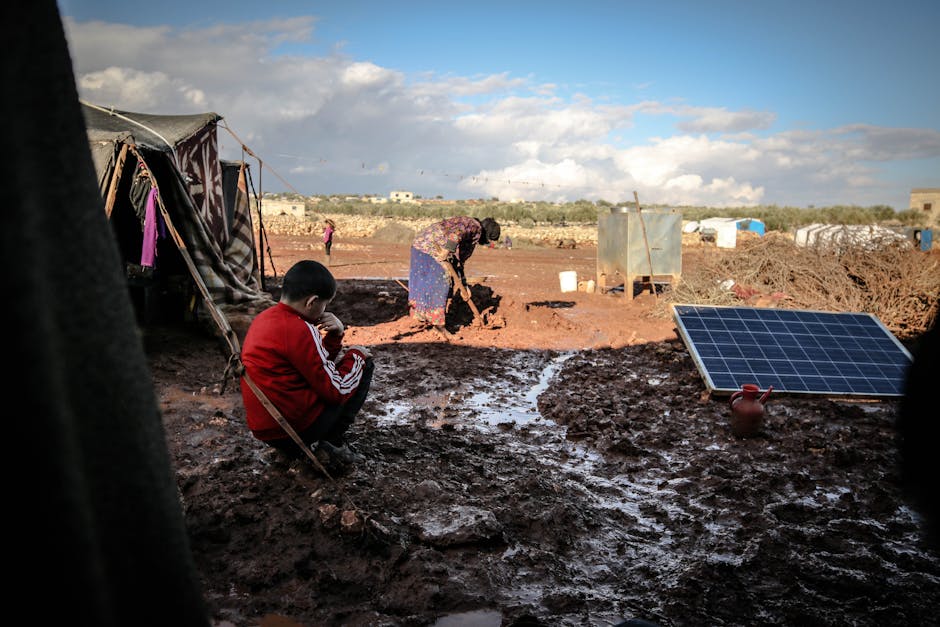Invincible: A Deep Dive into the Phenomenon of ‘Un Niño Fuera de Serie’
The concept of an “Invincible” child, or un niño fuera de serie in Spanish, encapsulates a fascinating and often complex idea. It refers to a child who seems to possess extraordinary abilities, resilience, or a seemingly supernatural capacity to overcome adversity. This isn’t necessarily about physical invincibility, but rather a remarkable ability to navigate challenges and emerge stronger, seemingly unaffected by setbacks that would devastate most children. This exploration will delve into the psychological, sociological, and even spiritual aspects of this phenomenon, drawing on various cultural perspectives and real-world examples.
Defining ‘Un Niño Fuera de Serie’: Beyond Superhuman Abilities
The phrase “un niño fuera de serie” literally translates to “a child outside the series” or “a child out of the ordinary.” This emphasizes the exceptional nature of these children, not in terms of superpowers, but in their exceptional resilience and capacity for growth. They often face extreme challenges – poverty, abuse, neglect, war, or severe illness – yet manage to not only survive but thrive, demonstrating an unusual level of emotional fortitude, adaptability, and problem-solving skills.
It’s crucial to differentiate between genuinely extraordinary resilience and simple survival. While many children endure hardship, the niño fuera de serie often exhibits characteristics that go beyond mere survival. They display an unusual ability to find meaning and purpose in the midst of chaos, develop strong coping mechanisms, and maintain a sense of hope and optimism even in the darkest of times. Their stories often inspire awe and wonder, leading to discussions about inherent strength, nurture versus nature, and the human capacity for extraordinary resilience.

Psychological Factors: Resilience and Coping Mechanisms
Psychology offers valuable insights into the factors that contribute to the apparent invincibility of these children. Resilience, a crucial factor, isn’t an innate trait but rather a skill developed through various experiences and coping mechanisms. Children who are exposed to adversity from a young age often learn to adapt quickly and develop highly effective coping strategies. This could involve finding support networks, developing strong problem-solving skills, or cultivating a sense of self-efficacy – a belief in their ability to overcome challenges.
Furthermore, a child’s temperament and personality traits play a significant role. Some children are naturally more resilient and adaptable than others, possessing a positive outlook and a strong sense of self-worth. These traits can act as buffers against the negative impact of adversity. The attachment style a child develops with their caregivers also has a profound impact on their resilience. Secure attachments provide a strong foundation for emotional well-being, equipping children with the tools to navigate challenges more effectively.

Sociological Perspectives: The Influence of Community and Support Systems
The sociological perspective highlights the importance of community and support systems in fostering resilience in children. A strong support network, comprising family, friends, teachers, and community members, can provide essential emotional, practical, and social support. Children with access to such networks are better equipped to cope with adversity and are less likely to experience negative consequences.
Cultural factors also play a significant role. Certain cultures may emphasize resilience and perseverance more strongly than others, instilling in children a sense of responsibility and fortitude. Traditional practices, storytelling, and cultural narratives can also contribute to the development of resilience. Moreover, the access to resources and opportunities within a community can significantly influence a child’s ability to overcome adversity. Access to education, healthcare, and social services can greatly increase a child’s chances of thriving, even in the face of considerable hardship.

Spiritual and Philosophical Interpretations: Finding Meaning in Suffering
From a spiritual or philosophical standpoint, the invincibility of these children may be attributed to a profound sense of purpose or a deep-seated belief system. Some might see it as evidence of an inherent spiritual strength or a divine intervention. For many, the ability to find meaning and purpose in the midst of suffering is a critical factor in their resilience. The capacity to transform adversity into a source of strength and growth reflects a deep understanding of life’s complexities.
Different faith traditions and philosophical perspectives offer various interpretations of suffering and resilience. Some might see suffering as a necessary catalyst for personal growth, while others might view it as an opportunity to demonstrate faith and unwavering conviction. These perspectives can significantly influence how a child approaches challenges and how they find the strength to persevere.
Examples of ‘Un Niños Fuera de Serie’: Real-Life Stories of Resilience
Numerous real-life examples illustrate the phenomenon of un niño fuera de serie. These are children who have overcome unimaginable odds, defying expectations and demonstrating extraordinary resilience. Their stories often inspire hope and highlight the remarkable human capacity for growth and adaptation. While sharing specific individual stories is sensitive due to privacy concerns, studying biographical accounts of children who have triumphed over adversity offers valuable insights. Their experiences illuminate the multifaceted nature of resilience and the critical role of inner strength, support systems, and a positive mindset in navigating life’s challenges.
The Importance of Understanding and Supporting Resilient Children
Understanding the phenomenon of the niño fuera de serie is crucial for developing effective strategies to support children facing adversity. By recognizing the factors that contribute to resilience, we can create environments that nurture and foster this vital trait. This includes providing access to quality education, healthcare, and mental health services. It also involves creating supportive communities that offer emotional, practical, and social support to children in need.
Furthermore, recognizing the early signs of resilience in children can allow for proactive intervention and support. By fostering a positive and nurturing environment, we can help children develop the coping mechanisms and resources necessary to navigate challenges and thrive, even in the face of considerable hardship.
Conclusion: Celebrating the Invincible Spirit
The concept of an “invincible” child, un niño fuera de serie, transcends a simple label. It represents a profound testament to the human spirit’s capacity for resilience, adaptation, and growth. These children, through their extraordinary journeys, offer valuable lessons about the importance of inner strength, supportive communities, and the power of finding meaning in the face of adversity. Their stories inspire us to celebrate the invincible spirit within each of us and to strive to create a world where all children have the opportunity to thrive.
By understanding the psychological, sociological, and spiritual dimensions of resilience, we can work together to create a world that supports and empowers all children, fostering their innate strength and enabling them to overcome challenges and reach their full potential. The journey of the niño fuera de serie serves as a powerful reminder of the extraordinary capacity for resilience that resides within us all.

